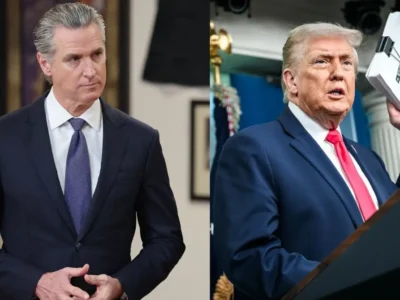Energy Efficiency and National Energy Policy
Renewable energy gets a lot of public attention, but energy efficiency is equally important. According to a 2010 report from the National Academy of Science:
Energy-efficient technologies for residences and commercial buildings, transportation, and industry exist today, or are expected to be developed in the normal course of business, that could potentially save 30 percent of the energy used in the U.S. economy while also saving money. If energy prices are high enough to motivate investment in energy efficiency, or if public policies are put in place that have the same effect, U.S. energy use could be lower than business-as-usual projections by 19–22 quadrillion Btu (17–20 percent) in 2020 and by 30–36 quadrillion Btu (25–31 percent) in 2030
In terms of the key pillars of energy policy, energy efficiency is a win-win-win-win:
- Affordable and adequate long-term supply of energy. This is the traditional goal of energy policy, with the more recent addition of environmental protection as a consideration. Efficiency can contribute to affordability, with returns on consumer investment over twenty percent for many actions.
- Environmental responsibility. Here, the primary issue is the need to reduce carbon emissions. But fossil fuels are also a major source of urban air pollution, which leads to over three-quarters of a million deaths per year globally. Putting a price on carbon, in order to make carbon producers responsible for the climate impact of their energy use, would also encourage energy efficiency. (I will do another post in a few days on whether the rebound effect undercuts the environmental benefits of energy efficiency.)
- Energy security. Oil and gas, in particular, are often located in global “hotspots,” leading to uncertainty about future supplies and prices. Efficient use of energy can reduce the need to rely on foreign energy sources.
- Equity. Fairness is another important aspect of energy policy. For instance, emissions trading systems or carbon taxes can have their greatest impacts on the poor, who must spend a greater percentage of their income on energy or on energy-intensive products. Assisting the poor to increase energy efficiency can offset price increases due to other aspects of climate policy.
Because energy efficiency serves such a multitude of goals, it has political appeal across a broad spectrum. For instance, although the state of Virginia is traditionally conservative in terms of the U.S. political spectrum, it has enacted energy standards for public buildings and building energy codes.
In short, energy efficiency is a goal that ought to command broad support across the political spectrum. We should all be able to agree that a megawatt is a terrible thing to waste.







Reader Comments